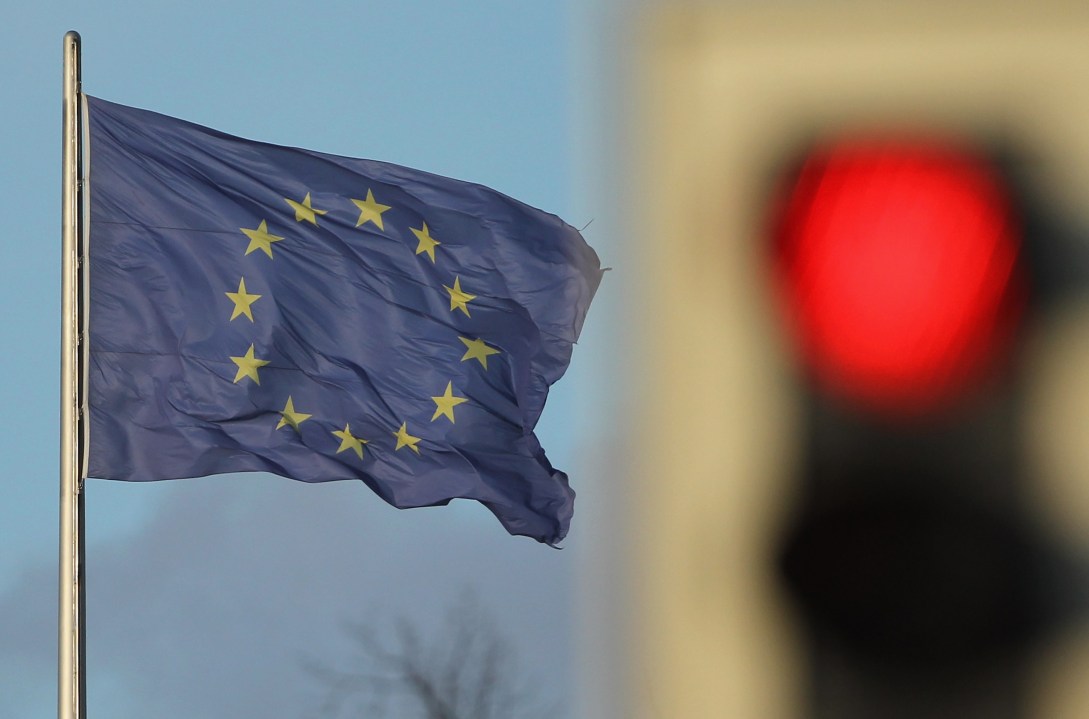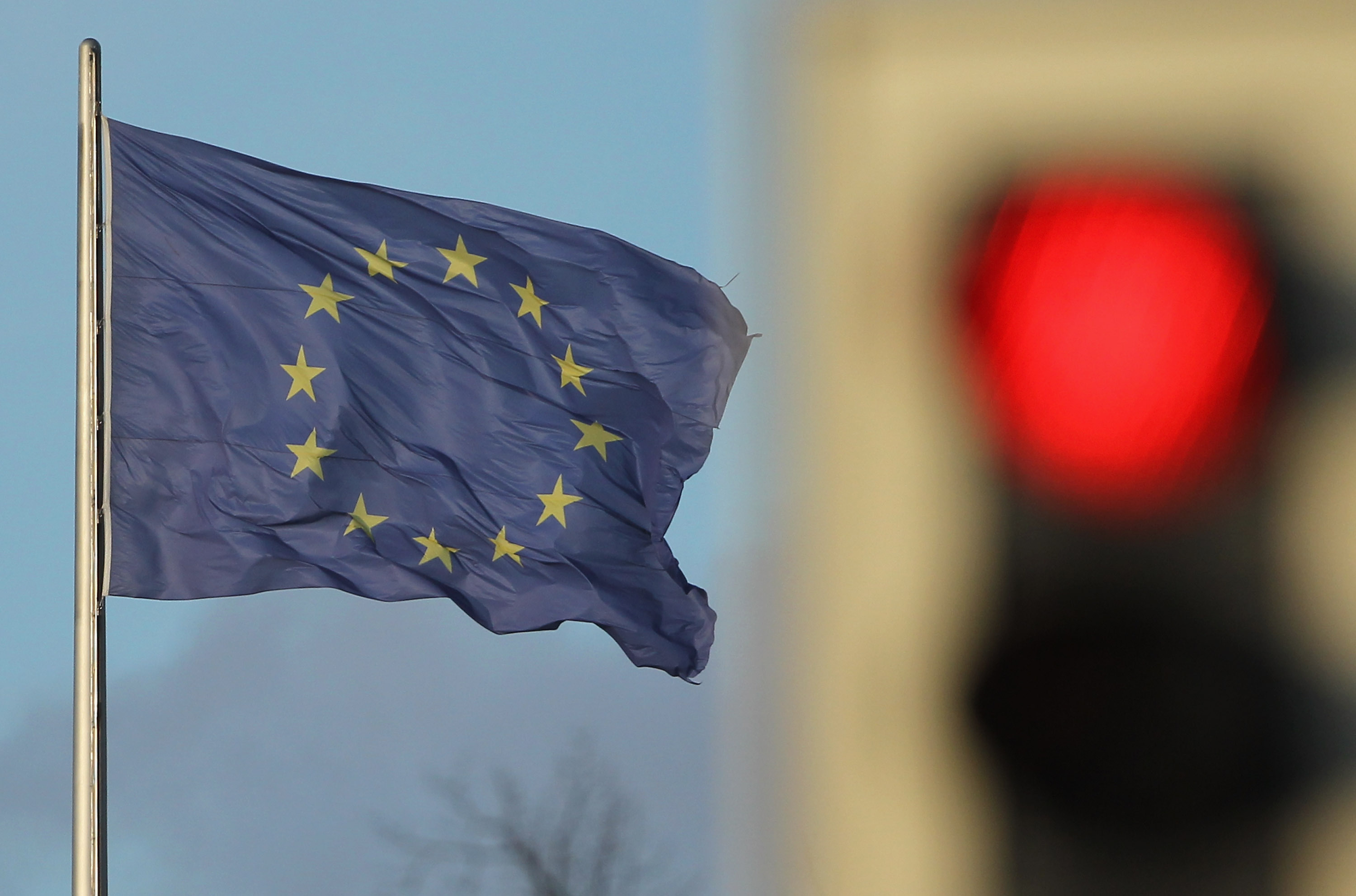 As the isolation hysteria over Cameron’s EU veto starts to fade, attention is now shifting to the more
existential question of what kind of relationship the UK should have with Europe. In a piece for today’s Times
(£), the chairman of Business for New Europe, Roland Rudd — who, incidentally, used to argue passionately in favour of the UK joining the euro — takes aim at those who want
Britain to replicate a Norway-style model of European cooperation. Arguing that Norway endures so-called ‘fax machine diplomacy’ — no influence over EU laws that it must
nonetheless accept — Rudd says that ‘the choice now is to do what Norway does, or remain in the EU.’
As the isolation hysteria over Cameron’s EU veto starts to fade, attention is now shifting to the more
existential question of what kind of relationship the UK should have with Europe. In a piece for today’s Times
(£), the chairman of Business for New Europe, Roland Rudd — who, incidentally, used to argue passionately in favour of the UK joining the euro — takes aim at those who want
Britain to replicate a Norway-style model of European cooperation. Arguing that Norway endures so-called ‘fax machine diplomacy’ — no influence over EU laws that it must
nonetheless accept — Rudd says that ‘the choice now is to do what Norway does, or remain in the EU.’
Rudd is right that oil-rich Norway has a very niche arrangement with Europe: access to the single market (via the EEA) and control over its vital fisheries and agriculture sectors, in exchange for
reduced influence. And it’s true that a similar arrangement would not work for the UK (just think of the City). But, beyond that, Rudd’s argument is little more than a straw man. After all,
there are alternatives to the simplistic, binary choice that he offers. For instance, though I would not argue for it, a Swiss-style relationship based on bilateral deals (rather than the EEA),
would be far more suitable for the UK should it ever wish to withdraw from the EU. This is because negotiations over bilateral agreements would allow Britain to utilise its size (as a market, an
economy and a potential financial contributor) to extract the best possible deal, even if such negotiations would be immensely complex and take years to conclude.
But, between Oslo and the full acquis communautaire, there are a range of other options too. The UK can use its veto over the long-term EU budget to end the recycling of ‘cohesion
funds’ amongst rich member states, saving £billions; the UK can use a special block opt-out to repatriate over 90
EU laws in policing and crime without changing a single comma in the EU treaties; the UK could continue to push for the repatriation of EU employment law, not least because these regulations simply don’t belong at EU-level and will have to be
brought home sooner or later; and so on.
Yes, as Rudd is quick to say, the single market has been good for Britain, and measures such as a single EU patent would provide a major boost to entrepreneurship. But we must also be honest about
where business is at. An opinion poll published last week showed that 62 per cent of financial business
managers — those that are meant to benefit the most from EU market access — expect the costs of EU regulation to outweigh the benefits of the single market over the next five years. In
this sceptical environment, we need fresh ideas for how to free up businesses (and the public sector) from growth-destroying and burdensome intrusions — not
simplified, black-and-white polemics.
Mats Persson is director of Open Europe.







Comments